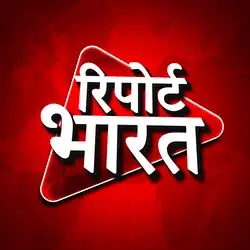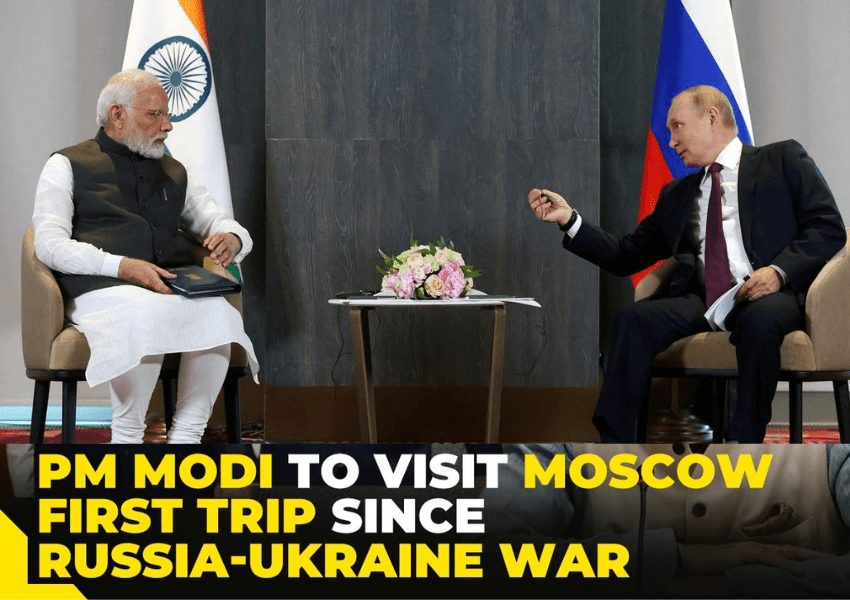India-Russia Relations: Prime Minister Narendra Modi is embarking on a two-day visit to Russia from July 8-9, at the invitation of Russian President Vladimir Putin. During this visit, both leaders will participate in the 22nd India-Russia Annual Summit, discussing various bilateral issues. Following this, PM Modi will travel to Austria on July 10. Notably, this is PM Modi’s first visit to Russia since the onset of the Russia-Ukraine conflict in February 2022. India has maintained a balanced and neutral stance amid this war.
Western Concerns Over Modi’s Visit
The Kremlin has highlighted the significance of PM Modi’s visit, noting that Western countries are closely monitoring it with a sense of jealousy. They find it perplexing that India maintains good relations with both Russia and Ukraine. PM Modi has communicated several times with the Ukrainian President and has called for an end to the war, which is detrimental to the global economy.
Historical Context of India-Russia Relations
The upcoming meeting between PM Modi and President Putin will be their first in two years, following their last encounter at the Shanghai Cooperation Organization (SCO) summit in Samarkand, Uzbekistan, in September 2022. Historically, Western countries have often viewed the India-Russia relationship with suspicion, dating back to the 1950s and 1960s. Despite this, India has continued to pursue an independent foreign policy, maintaining strong ties with Russia even during the Ukraine crisis.
The Foundation of India-Russia Friendship
The roots of the India-Russia relationship can be traced back to the 1960s when Indian Prime Minister Pandit Nehru initiated the Non-Aligned Movement during the Cold War between the Soviet Union and the United States. Since then, Russia has consistently supported India on the international stage, including using its veto power at the United Nations to back India on various issues, including Kashmir.
In 1955, Soviet Premier Nikita Khrushchev expressed strong support for India on the Kashmir issue, stating that Russia would always stand by India. This sentiment was reinforced through multiple Soviet vetoes in the United Nations Security Council, preventing international intervention in Kashmir and promoting bilateral resolution between India and Pakistan.
Current Geopolitical Dynamics
Today, relations between Russia and Western countries, especially the United States and Europe, are strained due to the Ukraine conflict and NATO expansion. India’s close relationship with Russia is therefore seen as a potential challenge to Western strategies.
- Energy Cooperation: Russia is a major energy producer. Increased energy cooperation between India and Russia, such as oil and gas agreements, could challenge Western energy companies.
- Defense and Military Cooperation: India and Russia have strong defense ties. Military agreements or arms purchases from Russia could harm Western defense industries trying to enter the Indian market.
- International Cooperation: India and Russia often align on international forums like BRICS, SCO, and the United Nations. Enhanced cooperation in these arenas could pose challenges to Western countries in international politics.
In summary, the deep-rooted India-Russia relationship, supported by historical, strategic, and geopolitical factors, continues to thrive, much to the discomfort of Western nations.





